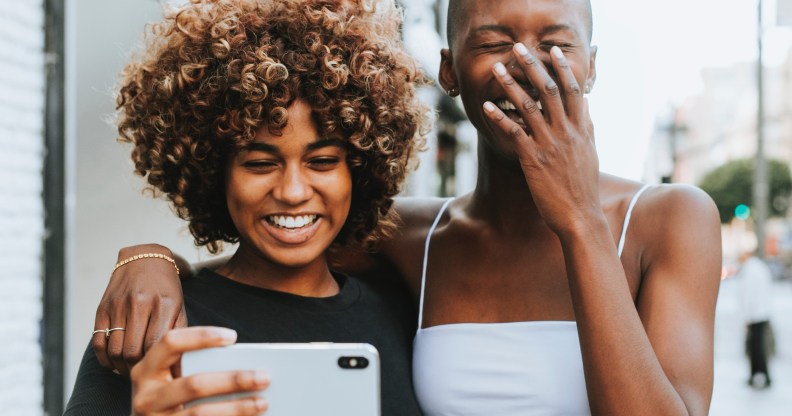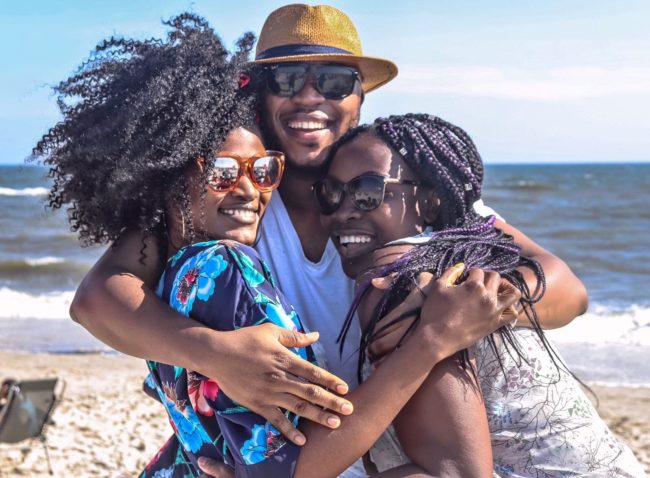LGBT statistics: Having one gay friend makes you a better person

A study which looked at LGBT statistics found a gay or lesbian acquaintance makes you much more likely to be pro-LGBT (Pexels)
Having just one gay or lesbian friend makes you more likely to be supportive of same-sex marriage, according to research into LGBT statistics published at Pennsylvania State University.
The data shows that between 2006 and 2010, the amount of support for same-sex marriage among people with a gay or lesbian acquaintance went from 45 percent to 61 percent, according to Penn State News.
In contrast, people who didn’t know any queer folks became less likely to be in favour of marriage equality over the same four-year period, with the amount of support from this group falling from 22 percent to 18 percent.
LGBT statistics: Professor explains research
Daniel DellaPosta, an assistant professor of sociology who performed the analysis of General Social Survey data, said these results—which he said came from “the most stringent test we could possibly devise”—showed that the more people who are visibly queer in society, the more accepted they will be.
He added that this positive impact a queer person can have on others’ opinions didn’t even require a deep relationship, but instead involved making the person see LGBT+ folks as unique individuals, rather than as a collective.
“When you have to interact with someone from an outgroup as an individual, it forces you to reconsider your biases”
— Daniel DellaPosta
“If you have very superficial contact, like just seeing someone from an outgroup in the grocery store or on the subway, you may focus more on selective behaviors that reinforce your prejudices—like someone dressing, talking or acting in a way that reinforces some negative stereotype of that group,” said DellaPosta.
“But, if you take the next level to mere acquaintanceship—someone whose name you know, someone who, if you saw them on the street, you might stop and chat with them for a moment—the contact effect sets in.”
He explained that this was because “when you suddenly have to interact with someone from an outgroup as an individual, it forces you to reconsider your biases.”

Daniel DellaPosta called his research “the most stringent test we could possibly devise” (Pexels)
DellaPosta, whose LGBT statistics were published in sociological journal Socius, added that creating a deeper, more meaningful bond with a gay or lesbian acquaintance didn’t make the other person any more likely to support LGBT+ causes.
The effect was also larger for people who were less likely to have a gay or lesbian acquaintance, he said.
LGBT statistics: More people support same-sex marriage than ever before
In May, polling firm Gallup revealed that more than two-thirds—67 percent—of Americans support same-sex marriage.
The results marked the highest level of support the company had ever recorded in more than 20 years of asking Americans about their views on the issue.
Opinion broke sharply along party lines, with 83 percent of those who called themselves Democrats supporting same-sex marriage, compared to less than half—44 percent—of Republicans.
When Gallup first surveyed Americans on the issue in 1996, just 27 per cent of all respondents supported same-sex marriage.

